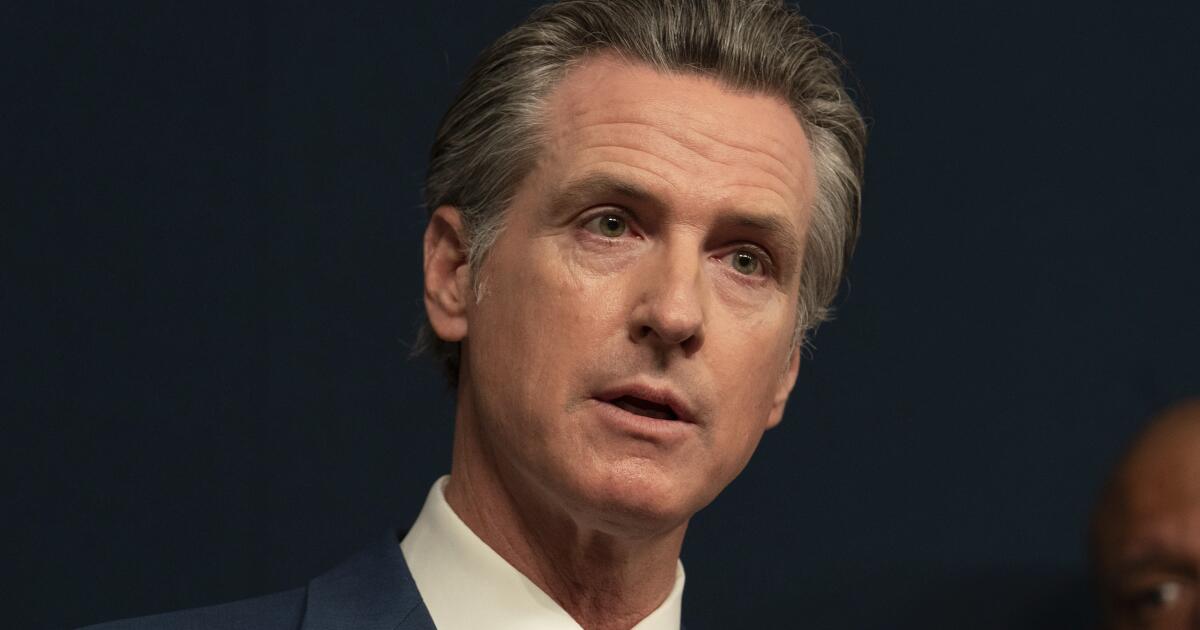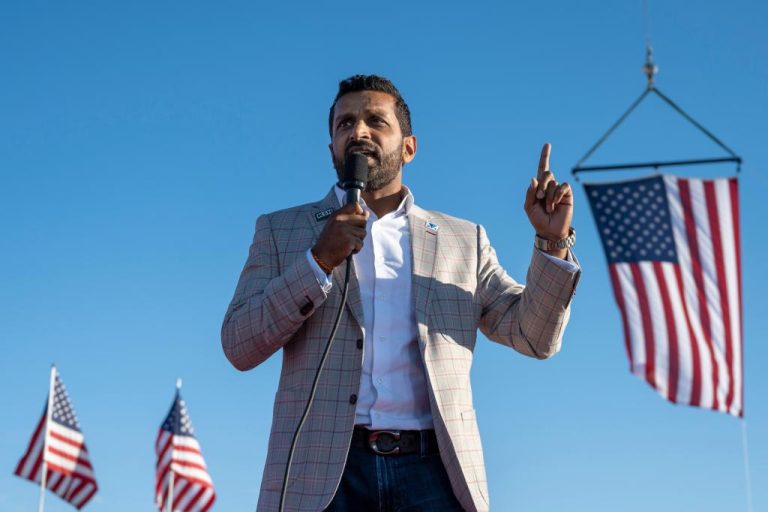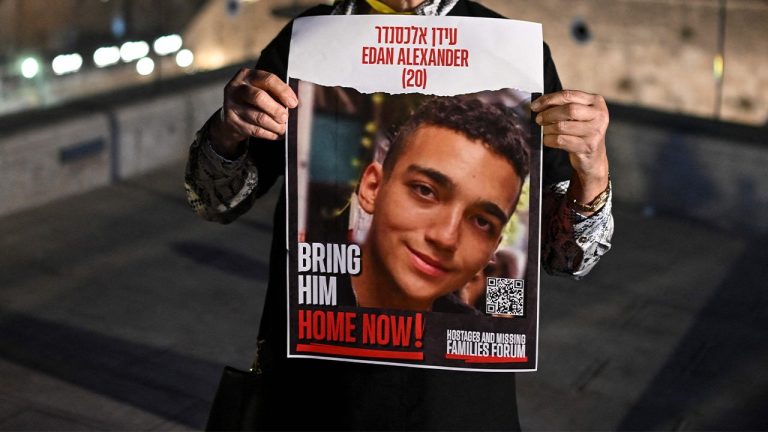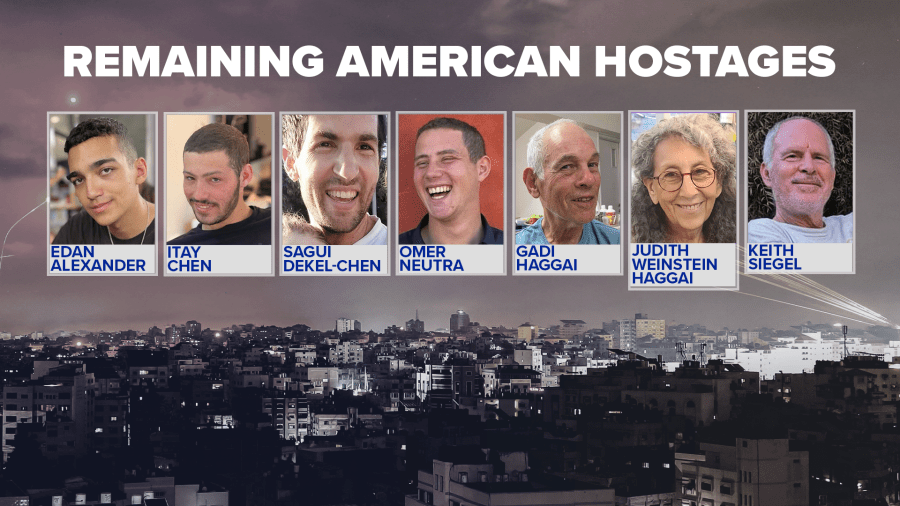
Voters may have big decisions to make next year on measures to fund San Diego city services, regional public transportation and statewide mental health care.
There could be more tax-and-spend issues on the ballot, possibly to fund affordable housing, and parks and libraries.
Along with those potential choices will be overarching proposals to change the state’s structure on what it takes to approve tax increases, either by raising or lowering the voting threshold.
The presidential election will dominate voters’ attention, perhaps along with some high-profile local races. But 2024 is shaping up as a year that will determine whether and how to raise revenues for government services in San Diego and California.
As is often the case when multiple tax measures are heading toward the ballot, questions arise about whether they might overload voters and push them more toward voting “no.”
There’s logic to that concern, but it’s theoretical at this point as to whether voters view the proposals individually or collectively. And there’s no telling what political dynamics may be in play that could affect their thinking as the election year unfolds.
One certainty is the presidential election will draw a high voter turnout, which in heavily Democratic San Diego and California would seem a plus for advocates of tax increase measures. Still, raising taxes is never an easy sell.
An emerging local proposal is for a sales tax surcharge in the city of San Diego, perhaps as high as an additional 1 cent on the dollar. That would raise the sales tax within the city to 8.75 percent.
City Councilmember Raul Campillo and Mayor Todd Gloria have been working on it for months but have been reluctant to discuss it.
The San Diego County Taxpayers Association tried to force it more out into the public realm last month, as David Garrick of The San Diego Union-Tribune recently reported. Look for a proposal to be unveiled soon, perhaps after the close of the candidate filing period early next month.
Garrick noted approval of a 1-cent sales tax could add $400 million in revenue to the city’s $2 billion operating budget. This would be a general tax put on the November ballot by the council, which means it would require simple majority approval by voters, as opposed to a tax for a specific purpose, which would need a two-thirds majority.
That would make it easier to pass, of course, but a lot of voters want guarantees about what the money will be spent on before approving new taxes. Certainly proponents will give specifics about where the money would go, even if they can’t promise it.
Gloria recently said that decades of underinvestment has affected roads, infrastructure and hampered the ability of the city’s workforce to deliver adequate services.
There could be competition with another half-cent sales-tax proposal for public transportation and road improvements being pushed largely by labor unions, which are gathering signatures to put a measure on the November ballot as well.
Because that would be a citizens initiative, it would take only a simple majority to pass, even though it’s a specific tax. If a government agency, such as the San Diego Association of Governments, put it on the ballot, two-thirds approval would be required under current law.
Pretty much the same coalition of labor and environmental groups failed to qualify a similar measure for the ballot last year.
Meanwhile, the San Diego Housing Federation has been working on a proposal for a countywide transaction tax on sales of residential and commercial real estate of more than $2.5 million to help fund housing for lower-income people.
The lack of affordable housing is a top issue for voters, along with seemingly intractable homelessness. But people in the real estate industry have already warned such a tax can trigger unintended, negative consequences and would likely team up with developers to oppose it.
A proposal for a parcel tax on properties within the city of San Diego to fund parks and libraries also may be revived. In February, the registrar of voters determined proponents fell short of collecting the number of signatures needed to qualify the measure for the ballot.
Backers of the proposal filed a lawsuit in September to reverse that determination, contending they had enough signatures and that the verification process was faulty.
Should that all come to pass, it could be a lot for voters to swallow.
Michael Zucchet, general manager of the San Diego Municipal Employees Association, acknowledged that but said there’s not much data on how multiple tax increase proposals affect the outcome. He said it would probably be best not to have two sales tax measures on the same ballot.
But holding off on one or the other doesn’t guarantee there won’t be a similar situation in a future election. There will still be pressure to raise revenue for city operations and existing plans to expand the regional transportation system will require more than one tax increase.
“It’s never the right time,” Zucchet said.
Zucchet noted some city officials didn’t want to put a measure to clear the way for a trash pickup fee on the November 2022 ballot, wary of the timing. Many didn’t think Measure B would pass, but it was narrowly approved by voters.
It’s unclear whether actual statewide tax increase proposals will be on the November ballot, but a broader issue of raising taxes will go before voters.
A proposal by business groups to make it more difficult to increase taxes and fees will compete with a measure by the Legislature to lower the tax-voting threshold for affordable housing and infrastructure.
So, the statewide November ballot might not give voters sticker shock in terms of dollar amounts, but the March primary election could.
That’s when Gov. Gavin Newsom’s $6.4 billion bond to build behavioral health housing and treatment facilities across California goes on the ballot.
At least that won’t directly compete with the November local tax measures.
What they said
Joshua Emerson Smith (@jemersmith), former Union-Tribune environmental reporter on X (formerly Twitter).
“My feed is a barrage of prestigious scientists completely freaked out about the impending collapse of modern society. How’s your day going?”





